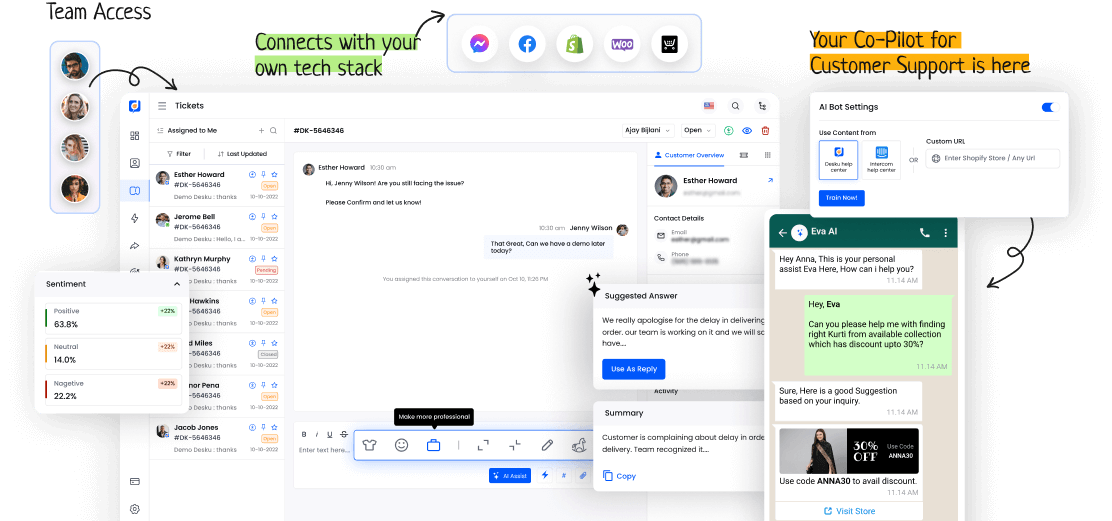Organic social media is a key part in modern digital marketing. It focuses on real connections and creating valuable content. For businesses, knowing the details of organic social media is vital. It helps to encourage true interactions and build brand loyalty.
But how does organic social media differ from other marketing methods? Let's explore this important digital marketing instrument.
I. Understanding Organic Social Media
In digital marketing, knowing the value of organic social media is key. It helps build a strong online presence.
Engagement strategies are crucial. They help build bonds with your audience. Creating valuable and relevant content is also important.
Using proper engagement strategies and compelling content, businesses can draw and keep an online community. This will drive brand awareness and loyalty.
II. Importance of Organic Social Media
Organic social media is key to increasing brand visibility and building customer bonds. It's all about sparking engagement and nurturing bonds through organic social media tactics. Here's a table that shows why organic social media matters in today's online world:
| Why Organic Social Media Matters |
|---|
| Increases brand visibility |
| Strengthens customer bonds |
| Sparks engagement |
| Fuels organic reach |
| Builds brand trust |
III. Strategies for Effective Organic Social Media
For potent organic social media, well-planned strategies are key. In today's digital world, they maximize the impact.
Engagement tactics are crucial. They encourage meaningful interactions with your audience.
Also, creating strategic content is vital. It provides valuable, relevant information. This resonates with followers, drives engagement, and builds a loyal online community.









